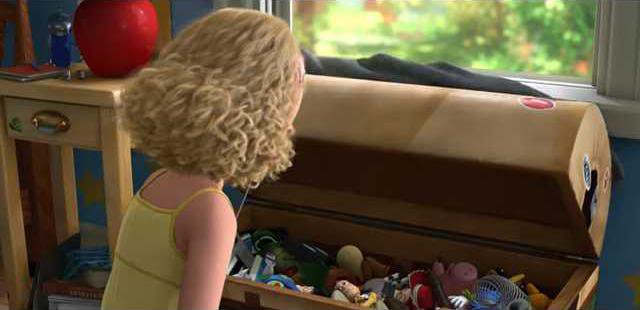PIXARLAND What if the "Mona Lisa" were frowning? What if the Eiffel Tower was shorter? What if the stars weren't so bright in Van Gogh's village?
Most artists can probably tell you they go through a process to create a work of art. Even the greats have scrapped ideas, altered plans and gone back to the drawing board over and over to get to the finished products that now define our world.
It's fun to imagine how various tweaks would have changed the well-known and well-loved pieces of art we all recognize, and thanks to a video from Pixar released last month, we can now apply that hypothetical thinking to some of the more modern masterpieces (yes, I'm talking about Pixar films. We can argue about whether they should be considered masterpieces in the comments below
Most artists can probably tell you they go through a process to create a work of art. Even the greats have scrapped ideas, altered plans and gone back to the drawing board over and over to get to the finished products that now define our world.
It's fun to imagine how various tweaks would have changed the well-known and well-loved pieces of art we all recognize, and thanks to a video from Pixar released last month, we can now apply that hypothetical thinking to some of the more modern masterpieces (yes, I'm talking about Pixar films. We can argue about whether they should be considered masterpieces in the comments below








